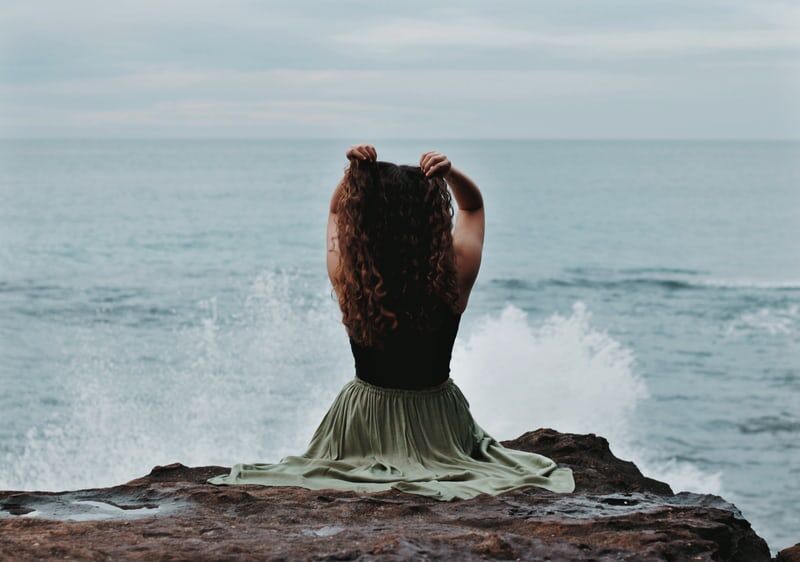Hamel: The rubble and the awakening
July 22, 2021
Here’s my take on existential crises: the mental power and defeat to bypass the existence of our mind, body, spirituality and potential. It’s the questioning and fearing of life’s presence and, in return, pardoning death’s fatal sins. Existentialism is quite charming. It’s free, responsible and self-decisive. In a paradoxical manner, existentialism challenges death by considering death as a choice and life as an alternative.
I like to think of existentialism as another form of romanticism. Existentialism, the idea of determining one’s own course of life and fate through their own acts of will, is a romantic gesture toward death. What you do in your lifetime and even what you think in your lifetime is all subject to a determined end of a timeline — the lifeline.
We fuss over existential crises all the time. Bad work dynamic? Change of major? Competitive careers that no longer seem to thrill you? Lack of identity? Avoiding an addiction? A bad breakup? It also could be boredom with life’s daily routine. Wake up. Brush your teeth. Maybe go to the gym. Shower. Go to work. Eat. Socialize a little. Go to bed. Repeat.
“Existential crisis” has adopted a humorous connotation. It no longer reaps anguish and gloom and the upset — although it isn’t eliminated from the term. The pandemic proved it. “I’m having an existential crisis. So I got a puppy.” Heard it one time too many.
I would rather subscribe to a romantic, ponderous angle of existential crises. In my own terms, an awakening.
I want to wake up to a soft sunlight and crisp breeze, sit on the patio to sip some milk and honey tea, write letters to those close to my heart. I want to dance in rain showers and clap along with the thunder.
If I’m defined to an indefinite timeline for a lifetime, why don’t I enjoy it spending every brief breath palpable enough to breathe life into an army?
A crisis doesn’t have to be a perilous journey; it instead can — and also is — an emotionally significant event or or radical change in a person’s life or attitude. A radical change. Radicalism. It’s so subjective, but that’s what makes radicalism so magnificent. It’s changing the fundamental nature of a thought, feeling, idea, construct.
What if my radical is stepping outside into a thunderstorm and dancing? What if my radical is eating a food I’ve been fearing because my mind has been playing awful tricks on me? What if my radical is breathing another day?
It’s an awakening. The radical change. You can only be stuck under rubble for so long before you have one choice: let your bones break under the weight — to give up — or dig yourself out for a chance at another day, another breath.
I’ve had an awakening of my own. For the first time in a long time, I’ve loved every breath I’ve taken. Quite literally, it feels fresh and saturated with something I can’t even name, something I’ve needed my whole life. I’ve woken up to a soft sunlight and a crisp breeze, and awake enough to walk outside and revel in it. I’ve felt ridiculously and inescapably radical.
I’ve swum in clouds, floated through grass and walked on water. Leaves are my beds and bed sheets are my capes. Inescapably radical. Existentially alive.







